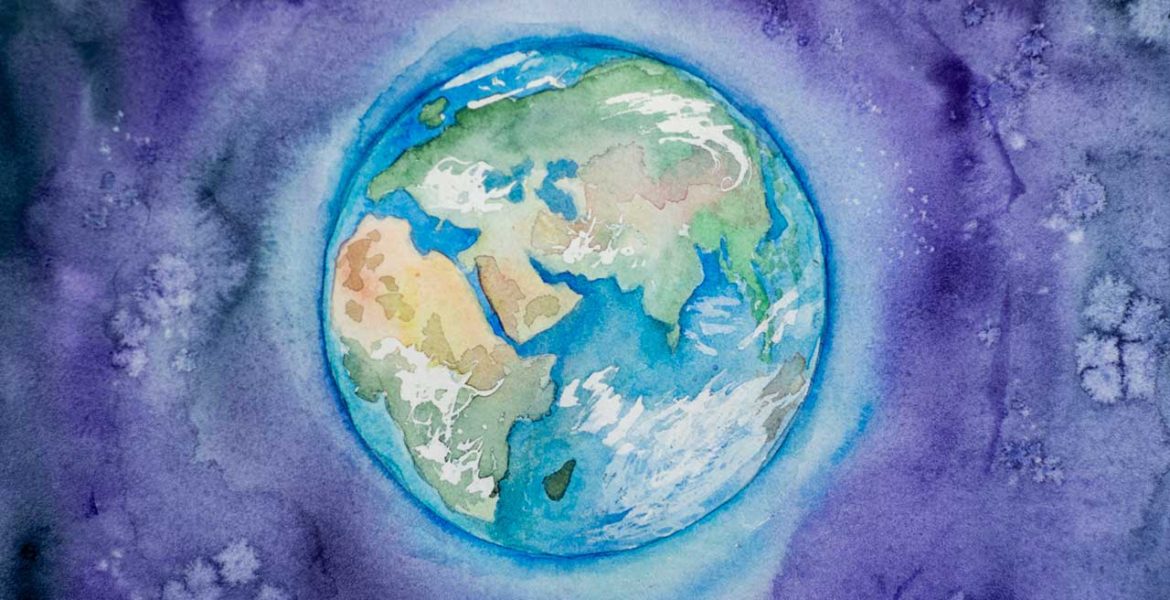By Darla Louis, VP Engineering at Andela
Millions of people around the world started working remotely a year ago this March. For the managers that run these teams, finding the best approach to keeping a positive team dynamic when no one can actually meet in person has been a major focus. One study found that 59% of employees are either discouraged or trapped in their current job.
For engineering managers, in particular, the challenge is acute, as there are several unique hurdles to overcome. Engineers knit together to create highly orchestrated agile teams, meeting together for daily standups, code review and collaborations, all of which must be approached differently in a remote setting. Engineers tend to be less focused on socializing compared to, say a sales executive, and so casual communication requires more effort when distributed. And, engineers are often hired first and foremost for their technical acumen, while soft skills like communication or emotional intelligence tend to be secondary.
My own engineering team is representative of all of these realities, and more – we have engineers that spread across five time zones. This not only requires logistics to ensure we can find enough overlap to work together in a 24 hour period, but also means we come from different countries, with different cultural norms, and different approaches to work. With all of these factors combined, the risk of feeling trapped or discouraged as an engineer is very high indeed.
And, the suggestions of using Slack and Microsoft Teams to foster collaboration simply aren’t enough when it takes four engineers from four countries to work out a particularly difficult technical issue. I’ve learned from years of experience how to embrace diversity and leverage it in fully distributed engineering.
Build-in Emotional Intelligence
Knowledge and intelligence carry a lot of respect in typical engineering circles, but this year emotional intelligence has proven to be more valuable than many engineers have expected. A study shows that having even a single emotionally attuned member of a team creates positive outcomes for an engineering team. With my team, we’ve had to consciously build in emotional intelligence through purposeful communication large and small.
I have found that scheduling a small happy hour or coffee hours with two to four people talking makes significantly more progress than a 25 person Zoom event. Engineers forge stronger bonds when they can create one on one relationships with individual teammates. In these settings, they can also cut across cultural divides and ask questions. For example, someone from the US might use a saying like “block and tackle” that doesn’t make sense to someone in another country. In these small settings, engineers not only can ask what it means but become closer as teammates.
The ever-popular wine tasting and magic show team-building events that many company event planners come up with may not be the right move for a team of global engineers – but make sure the team feels engaged in the event planning process. They might surprise with new ideas that are perfect for their specific interests.
Empower Global Work By Improving Asynchronous Work
While our corporate offices are in the US, we have five different time zones represented on our teams. We could easily dictate that working hours should follow the US Eastern Time where we are headquartered, or pick the country where we have the most engineers. But that top-down strategy only isolates the others on the team. Instead, we encouraged the team to work together to determine the working hours that they wanted to implement. What they came up with wasn’t what I expected, but it works for them, and they own it, so it’s one less thing to feel disgruntled about.
Shared working hours also help with code reviews, and speeding up collaboration. A huge amount of work is done asynchronously, and people were initially waiting sometimes 12 or more hours for their work to be reviewed. Now, we have smoothed that out and everyone feels good about it.
And the connections we make in our coffee chats help with things like stand-ups and reviews. People know each other better, and so they can be honest, but also be respectful when providing feedback or brainstorming.
Hire For Collaboration and Diverse Perspectives
Hiring new people into a distributed team has been a challenge that every manager has faced. For engineers, we’ve had to change our hiring practices in a few ways. We’ve found that the engineers that can be really effective at succinctly and clearly communicating their ideas over remote channels have done the best. We’ve also found that natural collaboration has to be a trait that we prioritize, or the newly hired team member will end up feeling isolated.
We now build collaborative projects into the interview process. In the past, this type of exercise would have been more of a skills test, with the other team members judging a candidate’s ability to code or solve a problem. Now, we’re really conscious to see how they work together in the group if they ask good questions and build on others’ ideas.
We also tap into our diversity by leaning on members of the team across different countries from the beginning of the interview process. By ensuring that people with different perspectives all think they can work with a candidate, we naturally get more flexible people in the door, which creates a positive cycle.
I’ve found that the more we focus on collaboration and communication, the better we get at it. When we give people space where they can be honest, but also respectful, then the barriers of remote working, like the barriers of diverse cultures, naturally give way to a sense of belonging to a single team.

